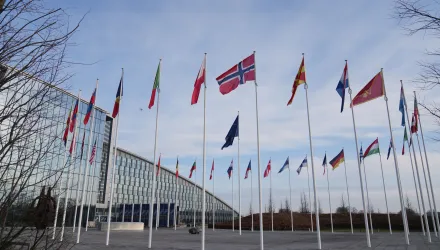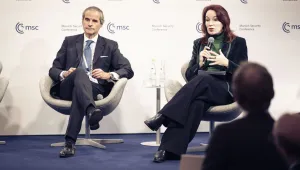By Matthew Bunn
I’ve got a new post over at The National Interest arguing that the natural or depleted uranium the Islamic State managed to get when it took over Mosul does not pose much threat – but that having an extreme terrorist group with a lot of money and a lot of fighters inviting Islamic terrorists from all over the world to join them in their seized territory may well pose a serious problem.
Aren’t we all glad the UN airlifted out Iraq’s highly enriched uranium (HEU), so there isn’t any HEU or plutonium there anymore for terrorists to seize? This highlights again the value of the efforts to eliminate potential nuclear weapons materials from as many places as possible, consolidating them in a few highly secure facilities. (See my piece on the 10th anniversary of the Global Threat Reduction Initiative, and our more detailed report on consolidating nuclear stockpiles.)
This episode also offers an important lesson about both the value of nuclear security and its limits. On the value side, a world in which terrorists may have a safe haven to work on complex projects like a nuclear bomb effort and where much of the information needed to design a crude bomb is available in the internet is a world where it’s even more critical to eliminate and consolidate stocks of nuclear weapons and materials to keep terrorists from getting their hands on the essential ingredients of that recipe. On the limits side, there’s no combination of fences, guards, barriers, and alarms that would have protected nuclear material adequately had it been in Mosul when the Islamic State swept in – just as no amount of nuclear security investment would solve the “loose nukes” problem if the governments in North Korea, Pakistan, or any other state with nuclear weapons or substantial amounts of nuclear material were to collapse. Nuclear security is important, but it’s not a panacea.
The full text of this publication is available in the link below.



